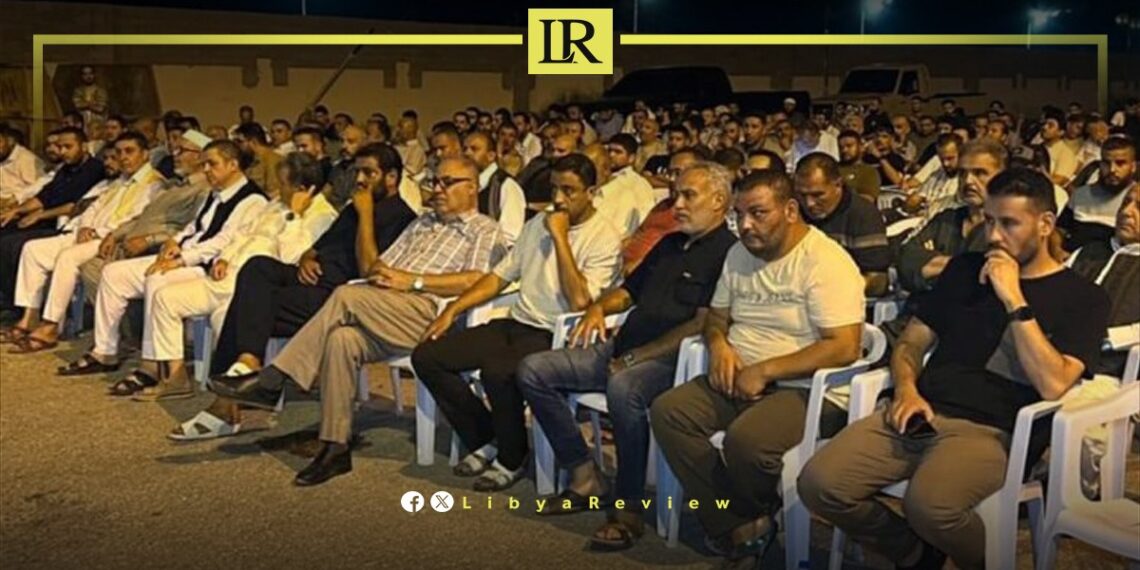On Saturday, the February 17 Movement issued a stark warning that Libya is on the verge of a serious crisis following the controversial decision to appoint a new board of directors for the Central Bank of Libya. The group held the Presidential Council and Prime Minister of the Government of National Unity (GNU) Abdul Hamid Dbaiba directly responsible for the rising tensions, which they feared could spiral into nationwide conflict.
In a statement, the movement condemned the decision, arguing that it violates existing laws and the fragile political agreement that has kept Libya from further descent into chaos. According to the February 17 Movement, this move—driven by government pressure on the Presidential Council—has already led to significant threats against the Central Bank, endangering its operations, employees, and the financial stability of the country.
The group emphasized that the decision has deepened divisions within Libya’s security and military forces, creating a dangerous environment that could lead to armed conflict. The February 17 Movement warned that the Presidential Council and Dbaiba’s government would be held accountable if the situation escalated into violence.
They stressed that the Central Bank of Libya must remain independent and shielded from political power struggles. As a vital institution for the entire country, any threat to its stability could have catastrophic effects on Libya’s already fragile economy, exacerbating the suffering of ordinary citizens.
Libya, which has been embroiled in conflict since the 2011 revolution, remains deeply divided despite efforts to establish stability through a UN-backed political agreement. The Central Bank has often been at the center of these power struggles, with various factions seeking control over the country’s financial resources. The February 17 Movement’s statement serves as a critical reminder of the dangers posed by politicizing key national institutions.
The group called on the Presidential Council and the government to urgently reconsider the decision and to protect the Central Bank from becoming entangled in the country’s ongoing political turmoil.


